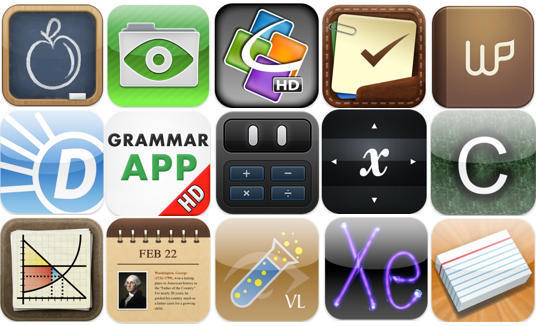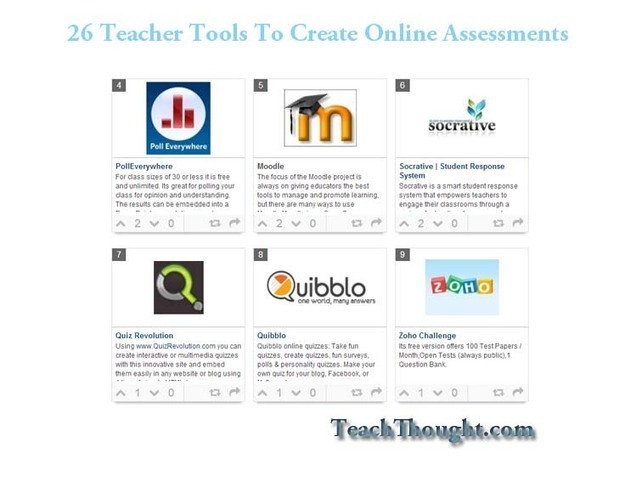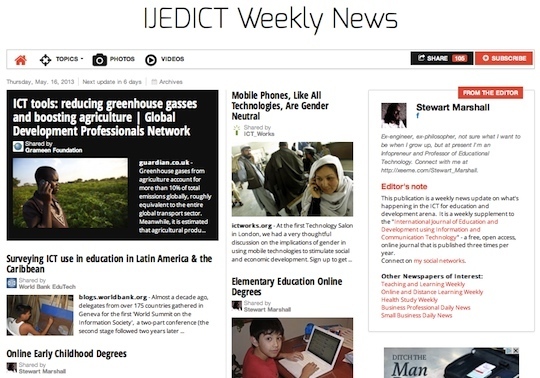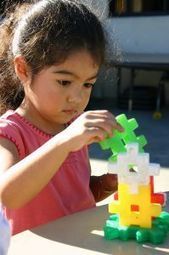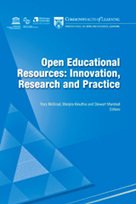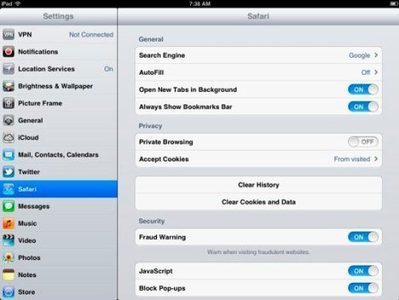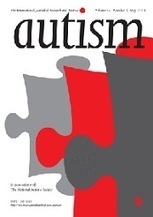
The frustration is a familiar one in autism research: A new behavioral therapy works great when study participants come into a laboratory or academic clinic. Not so well in classrooms where teachers and therapists try to put the intervention into action.
In 2011, Autism Speaks organized a special session of the International Meeting for Autism Research to explore the gap between research and application in real-world classrooms. From this meeting came this month’s special issue of the journal Autism: “School-based Research on Autism Spectrum Disorders.” Autism Speaks sponsored the issue’s publication.
Read more at: http://www.autismspeaks.org/science/science-news/promoting-autism-research-schools
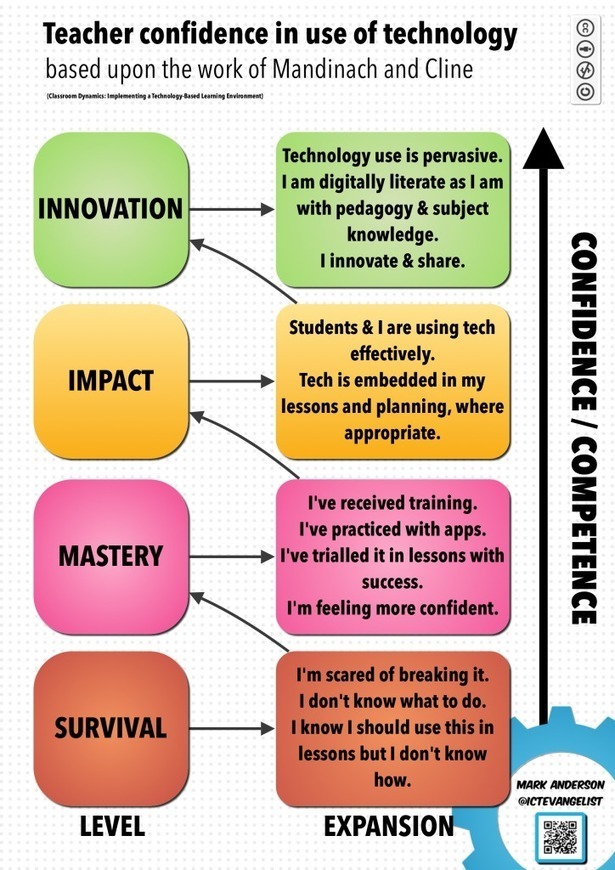

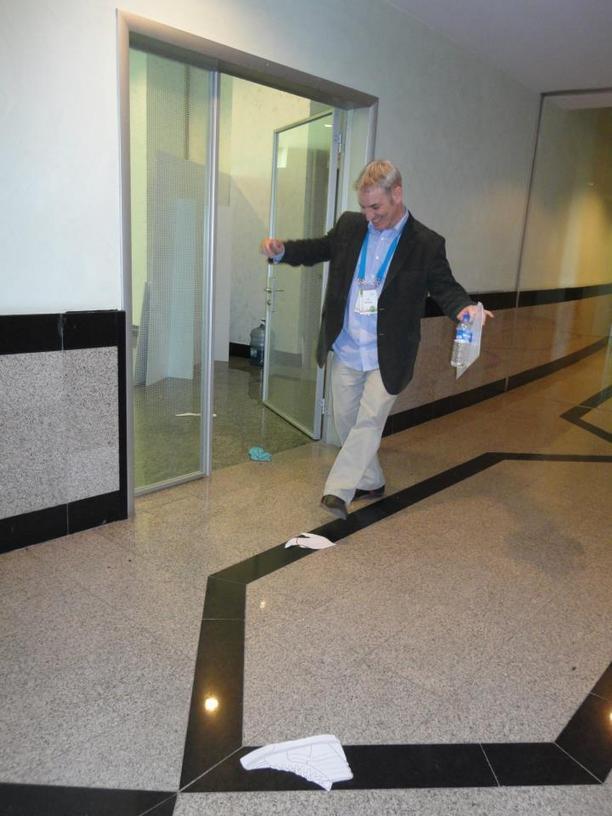
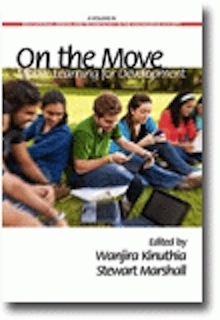
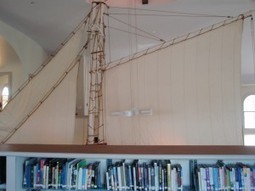

 Tips for learning online - Here are three things you should make sure you do, two things you shouldn't do, and one thing that is absolutely forbidden, if you are wanting to learn online.
Tips for learning online - Here are three things you should make sure you do, two things you shouldn't do, and one thing that is absolutely forbidden, if you are wanting to learn online.


